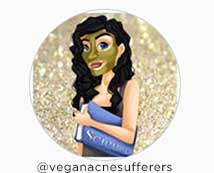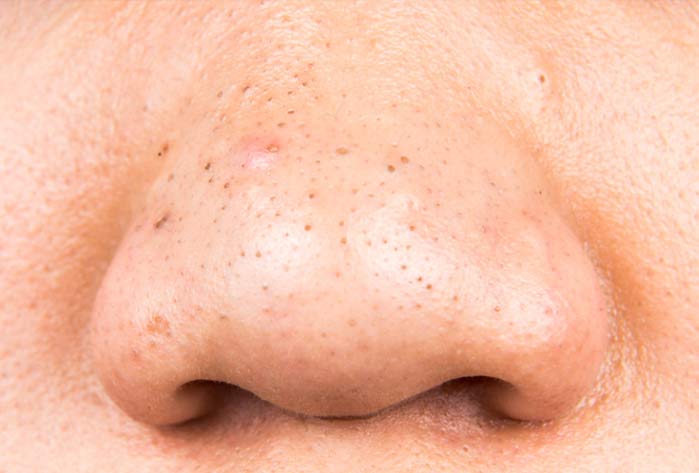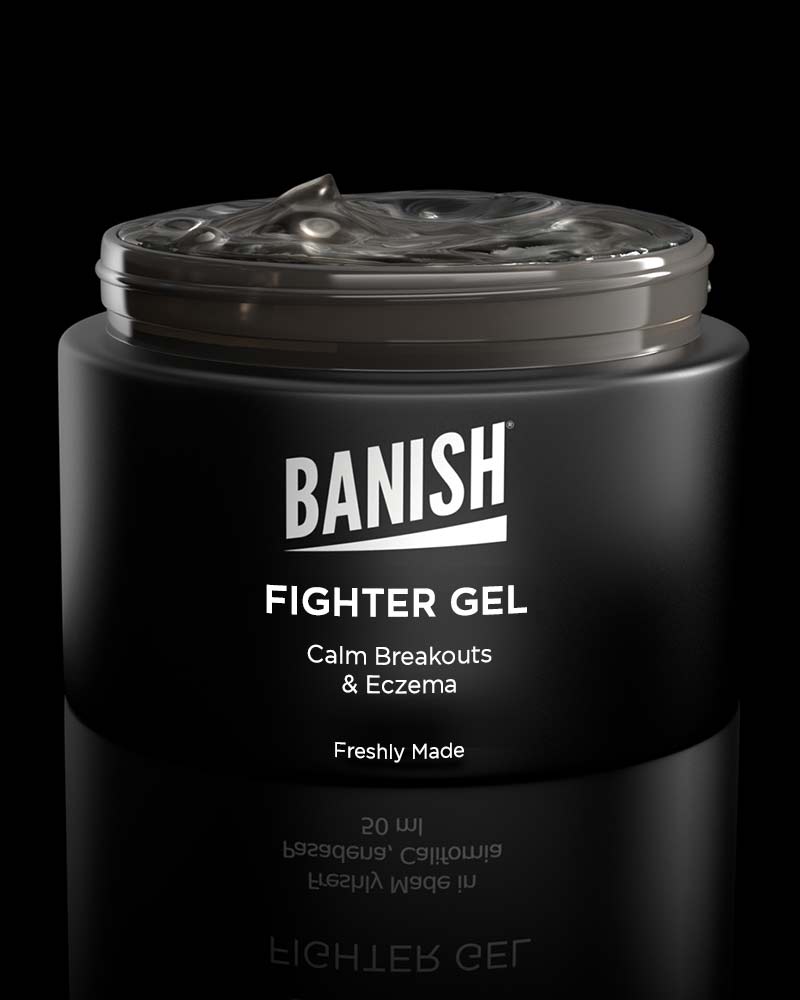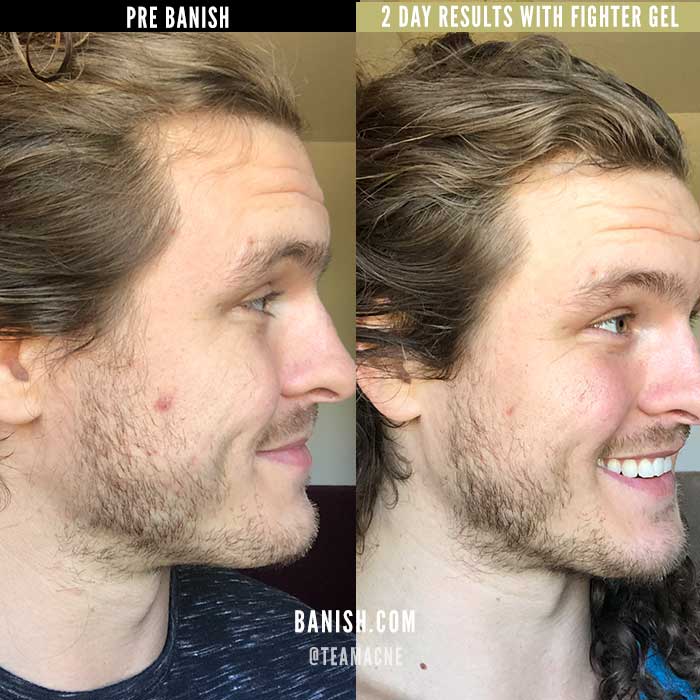Blackheads are super common and a problem that a lot of people have dealt with at some point. We get a lot of questions about blackheads, so here is a guide on why blackheads form and the best ways to clear up and get rid of blackheads!
What Are Blackheads?
Blackheads are a type of acne where our pores or hair follicles have a build up of oxidized sebum and dead skin cells. The medical term for blackheads is called comedones.
Sebum has a protective role in the skin, helping to keep it hydrated but when sebum is overproduced due to hormonal changes,it can form plugs in the pores by clumping with epidermal cells that shed from the skin.
When these oil and sebum plugs get exposed to air, the surface of the plug oxidizes and turns darker which give the blackheads their appearance and name.
How Can I Get Rid Of Blackheads?
What doesn't work is benzoyl peroxide. I know, you've been told that BP is for acne, but the problem is that Benzoyl peroxide is antibacterial, which isn't an issue in blackheads and will likely only further dry up and irritate your skin.
For blackheads, you need to look for products that exfoliate and deep clean the pores.
Salicylic Acid
Salicylic acid is oil soluble, so it penetrates into clogged pores, dissolving trapped oil. The highest over the counter concentration is 2%, but be mindful of your skin’s sensitivity, so you may want to vary your concentrations, until you find a strength that works. Start low and go from there. You can start with a face wash that contain salicylic acid and cleanse once a day with it.
Retinoids
If your blackheads are more severe and you get other kind of acne breakouts too, look for gels or serums that contain retinoids which help to regulate cellular turnover, preventing dead skin cells from sticking together in the pores, and clearing up blackheads.
Glycolic Acid
Consider exfoliating one to two times a week with a glycolic acid containg product. Glycolic acid molecules also can go deep into the pores to break up the sebum plugs that form blackheads and keep the skin turnover rate healthy.
Our recommendation is the Pumpkin Enzyme Masque since it also contains other hyperpigmentation fading ingredients like Vitamin C and Vitamin A from the pumpkin.
Clay Masks
Clay masks can also help manage blackheads too by absorbing excess oils from the pores to flush them out. You can do a clay mask once a week, moisturize your skin afterwards with a lightweight moisturizer.
The most important thing to remember when treating existing blackheads, is to be patient and consistent in your treatment - it took a long time for the blackhead to form, and it won't disappear immediately overnight.
Pore Strips:
Pore strips work by sticking to the surface of the skin and the sebum filled pores, and you physically pull out the blackheads. The downside is that pore strips can be very aggressive on the skin and physically pulling the oxidized sebum out of pores can stretch the pores out and cause larger pores over time.
Cleanse Daily
Cleansing skin daily at least once a day or twice a day can help reduce the frequency of blackheads and keep them from reappearing as often.
In terms of preventing blackheads, reducing sebum production by balancing your hormones, taking medication if needed, adjusting your diet to reduce processed sugars, etc can make a world of difference!
------------------------------------------------------------------------------
Guest Blog By:
I first got acne in high school, and it came back in my early adulthood. I was able to struggle through those difficult times and come out of it a stronger, wiser, healthier person as a result. I'm here to help you do the same thing!
Connect with Veganacnesufferes on: Youtube Twitter
--------------------------------------------------------------------------
If you have battle scars left after acne, try the Banish Kit! Comes with a 45 day money back guarantee.
























1 comment
Mahesh Kumar
सी
Leave a comment
All comments are moderated before being published.
This site is protected by hCaptcha and the hCaptcha Privacy Policy and Terms of Service apply.